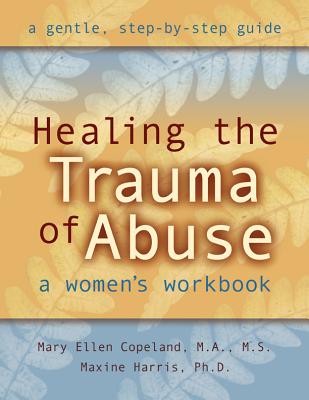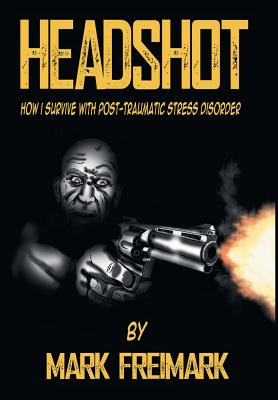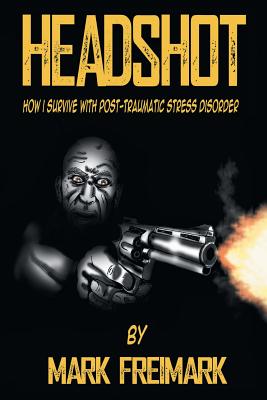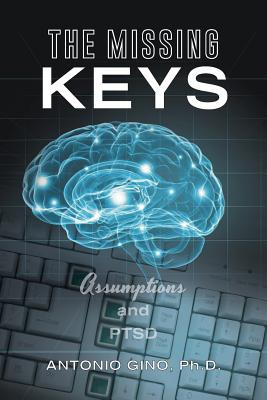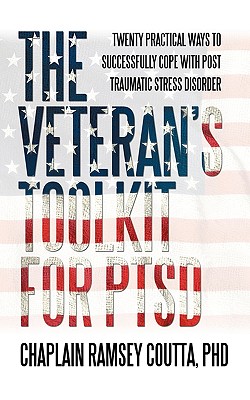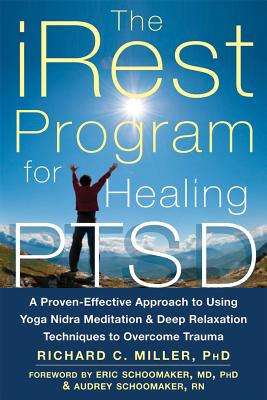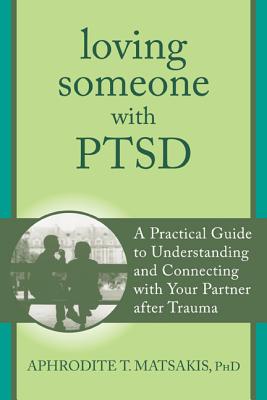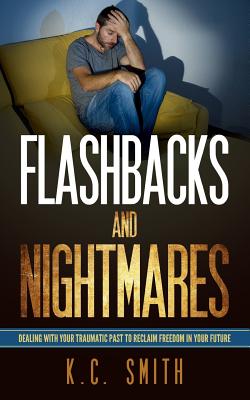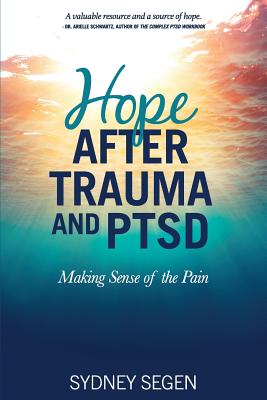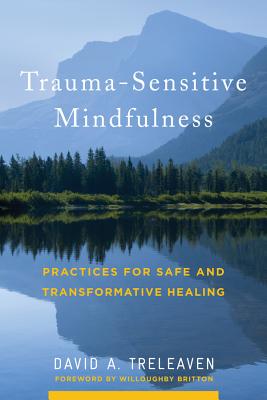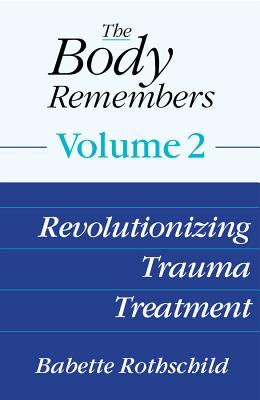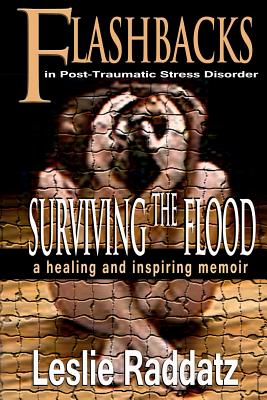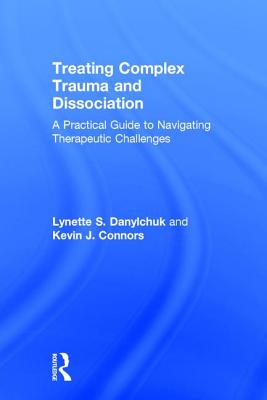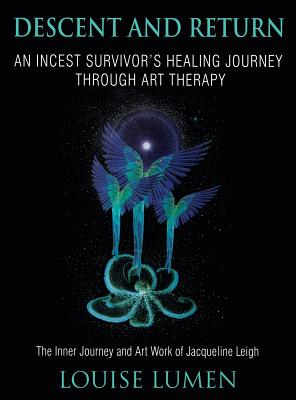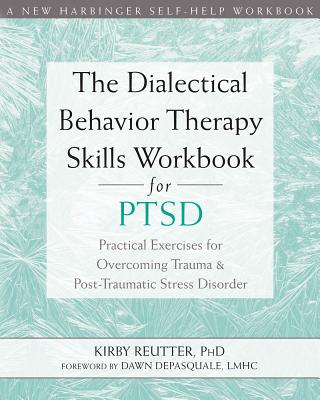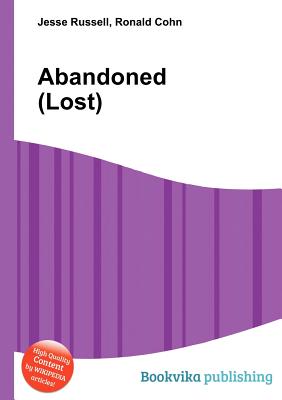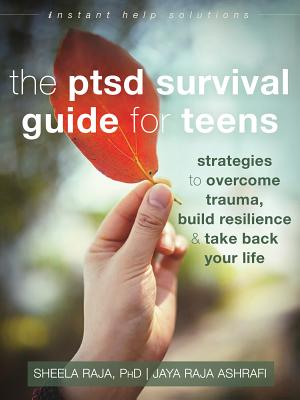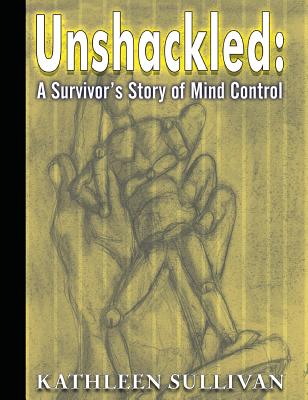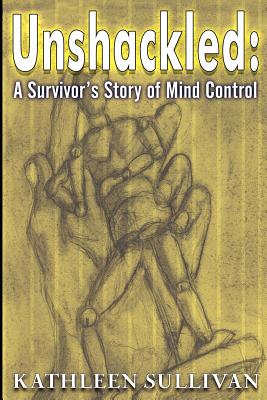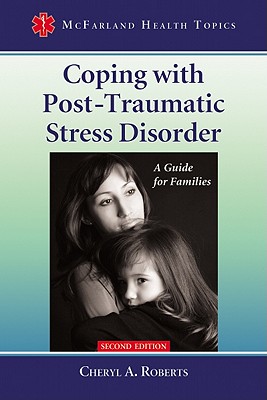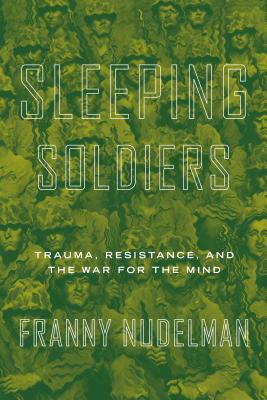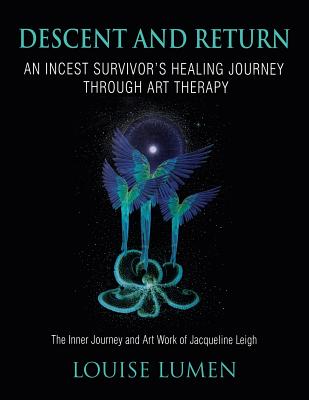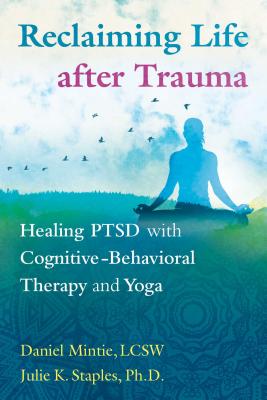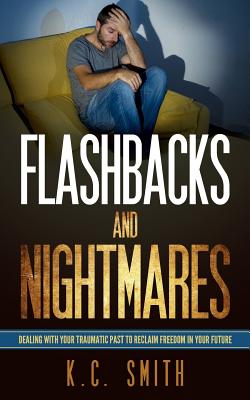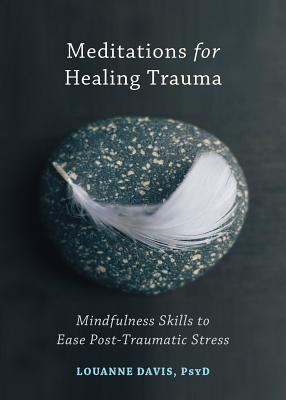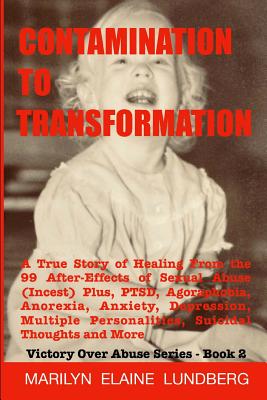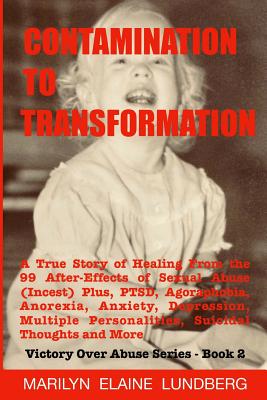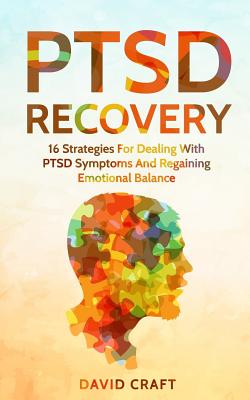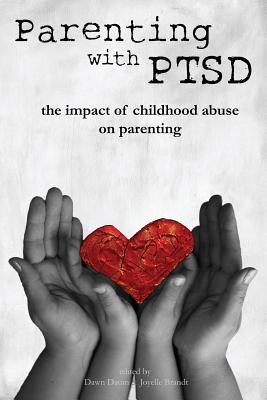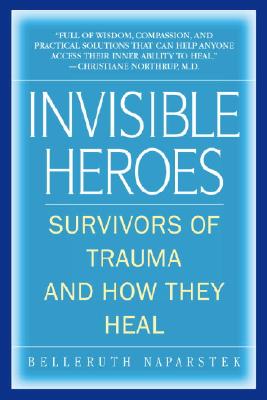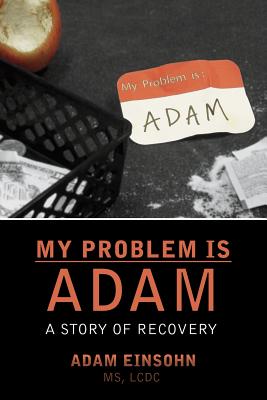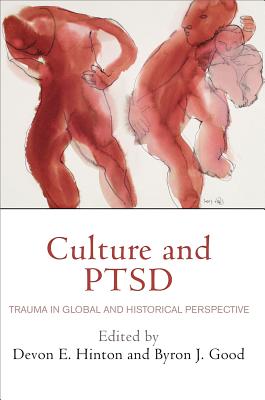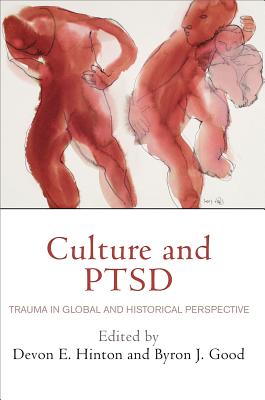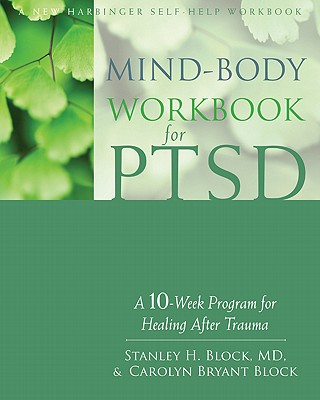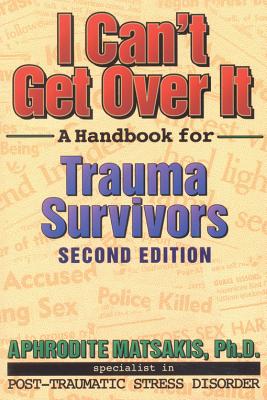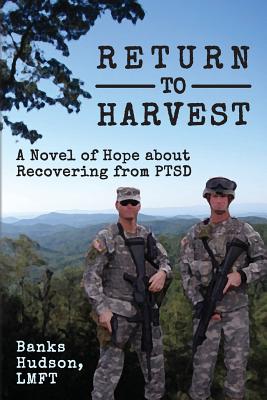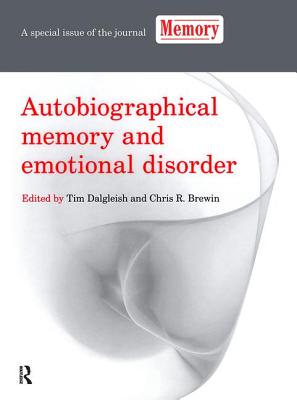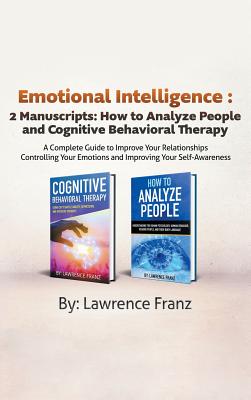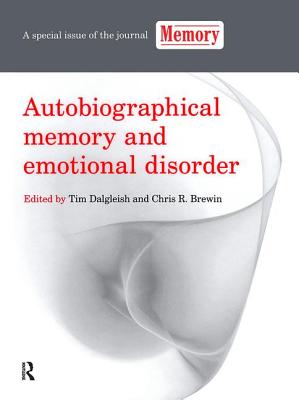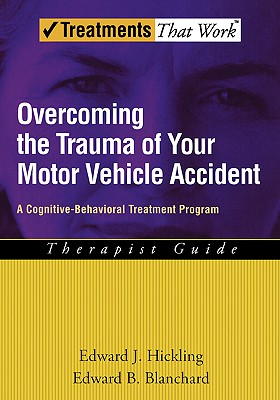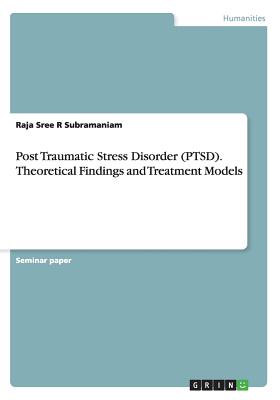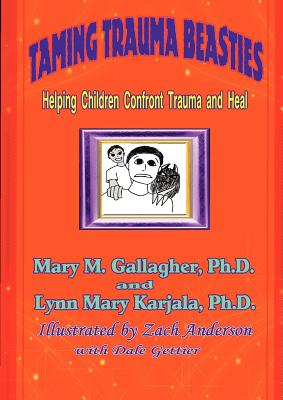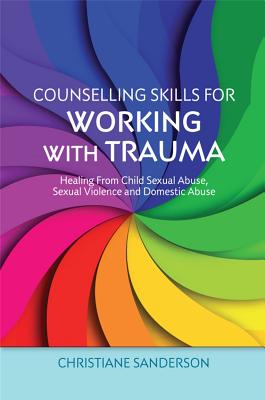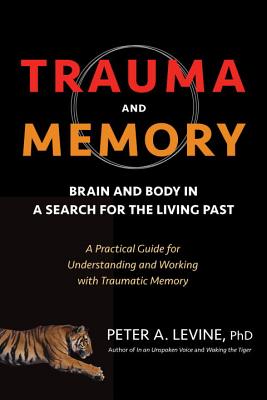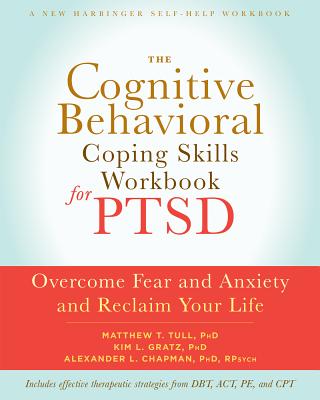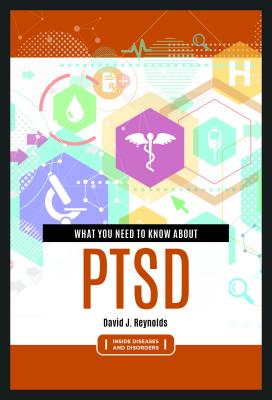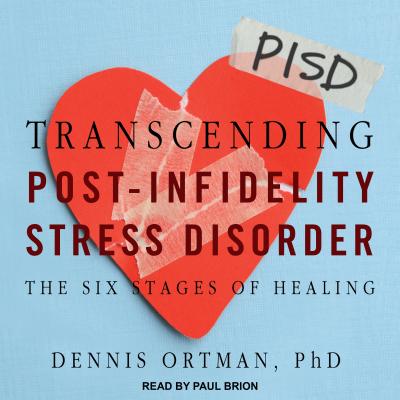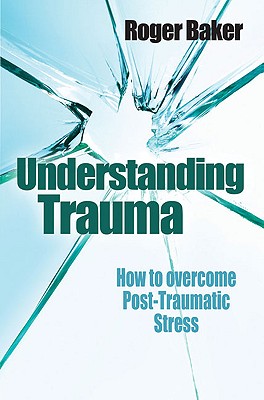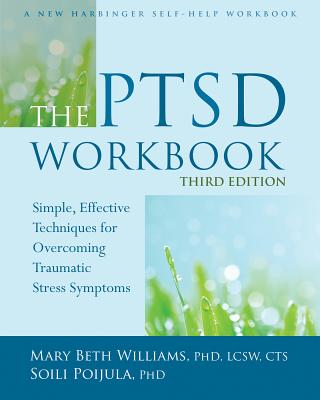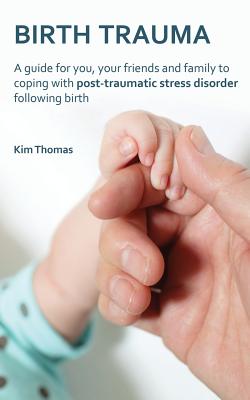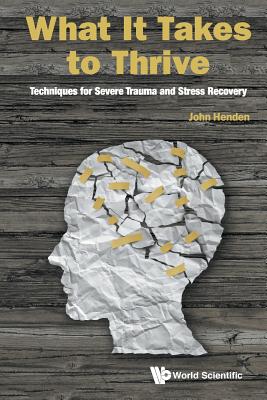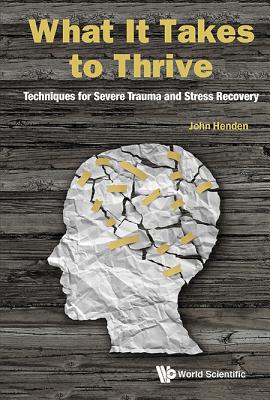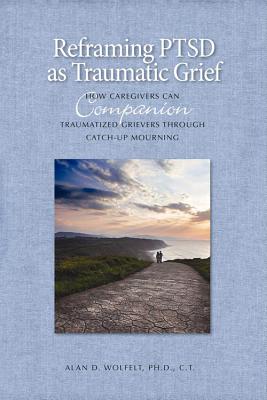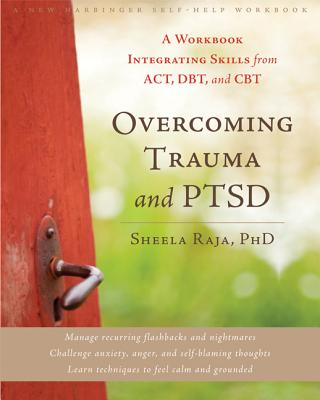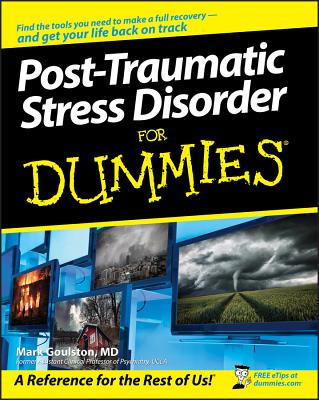| Description Experts Expert Contributions Featured Books for Sale |
Videos Articles Research Organizations |
In the News Additional Resources Coming Later Contributors |
Description
Flashbacks are like waking nightmares. They are intense, repeated episodes of re-living the traumatic experience while you’re fully awake. Flashbacks can come on suddenly and feel uncontrollable. They are more like a nightmare than a memory because sufferers often cannot distinguish between the flashback and reality, feeling like the traumatic experience is happening again, in the moment. Flashbacks are vivid, sensory experiences. During one, a sufferer might see, hear, and smell things they saw, heard and smelled during the traumatic moment.
To understand what happens in your brain during a flashback, you first need to understand how memories are formed and how trauma disrupts the way this process normally works.
Memory is a complex process that involves many parts of your brain, but to keep it simple, we’ll focus on two of the key players: the amygdala and the hippocampus. The amygdala is associated with emotional memory — especially the formation of fear-related memories. It evolved to ensure your survival by strongly encoding memories of past dangers you’ve experienced so that you recognize and respond to those threats if you see them again.
The hippocampus, the other region of your brain heavily involved in memory, acts like the brain’s historian. It catalogs all the different details of an experience like who was there, where it happened, and what time of day it was into one cohesive event you can consciously recollect as a memory. In your typical, day-to-day life, your amygdala and hippocampus work together to turn your experiences into distinct long-term memories.
However, during a traumatic event this system works a bit differently. Because you are in danger, your body’s built in fight-or-flight mechanism takes over and your amygdala is overactivated while the hippocampus is suppressed. From an evolutionary perspective, this makes sense: the processes involved in building a cohesive memory are de-prioritized in favor of paying attention to the immediate danger. As a result, your memory becomes jumbled.
Source: https://www.talkspace.com/blog/happens-brain-ptsd-flashback/

Experts

Featured Books:

Missing Keys
Good News about Ptsd
Abandoned (Lost)
Blue Hills Diary
Taming Trauma Beasties

Videos:

Dr. Todd Grande (8:40)

Articles:

Research:

Organizations:

In the News:

Additional Resources:
Contributors:Professionals:
Compiled By:
|
![]() Expert
Expert
![]() Professional
Professional
![]() Outreach Leader
Outreach Leader
![]() Moderator
Moderator
![]() Contributor
Contributor


